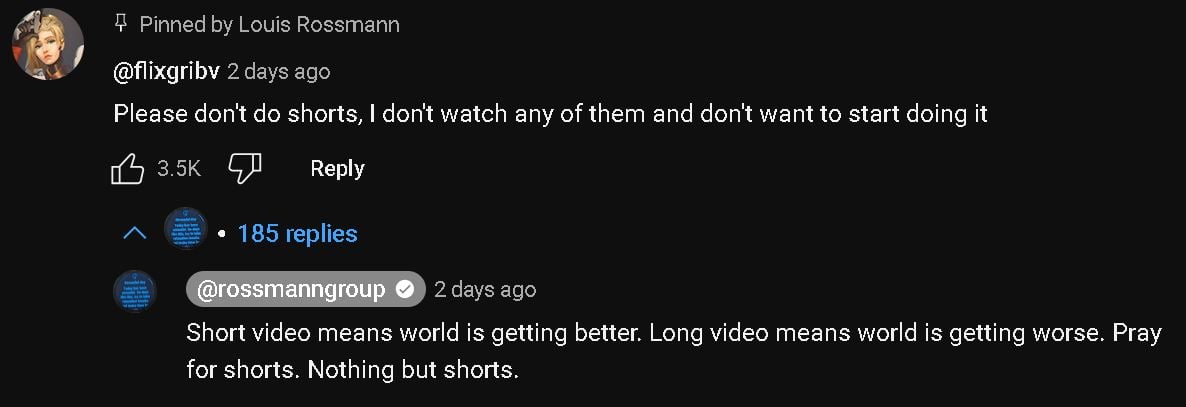Key Points
- Forced Arbitration Issues: Forced arbitration often strips consumers of their ability to seek justice in court, allowing companies to escape accountability. This affects trust in consumer rights.
- Misrepresentation Consequences: Selling a product that doesn’t match its description (like a car that’s a lawnmower) highlights the need for stricter regulations to protect consumers from deceptive practices.
- Profitability vs. Ethics: Steam’s choice to revert its policy illustrates that companies can act ethically and still maintain profitability, challenging the notion that profit comes at the expense of consumer rights.
- Corporate Accountability: When companies voluntarily improve policies without external pressure, it reflects a commitment to accountability and ethical behavior, fostering goodwill among consumers.
- Effective Communication: Shorter, concise videos can capture attention and convey messages quickly, appealing to audiences with limited time while still informing them.
- Consumer Awareness: Raising awareness about corporate practices helps consumers make informed decisions and holds companies accountable, contributing to a healthier marketplace.
- Positive Change in Industry: Steam’s decision could inspire other companies to reassess their policies, promoting a culture of consumer-first practices across various industries.
Pinned by Louis Rossmann
@flixgribv | 2 days ago
Please don’t do shorts, I don’t watch any of them and don’t want to start doing it
Louis Rossmann | @rossmanngroup | 2 days ago
Short video means world is getting better. Long video means world is getting worse. Pray for shorts. Nothing but shorts.
Screenshot: 



To be honest i am with flixgribv, i dont like shorts and i dont want to start to do it to get such information. As otherwise he could just do only tiktok.